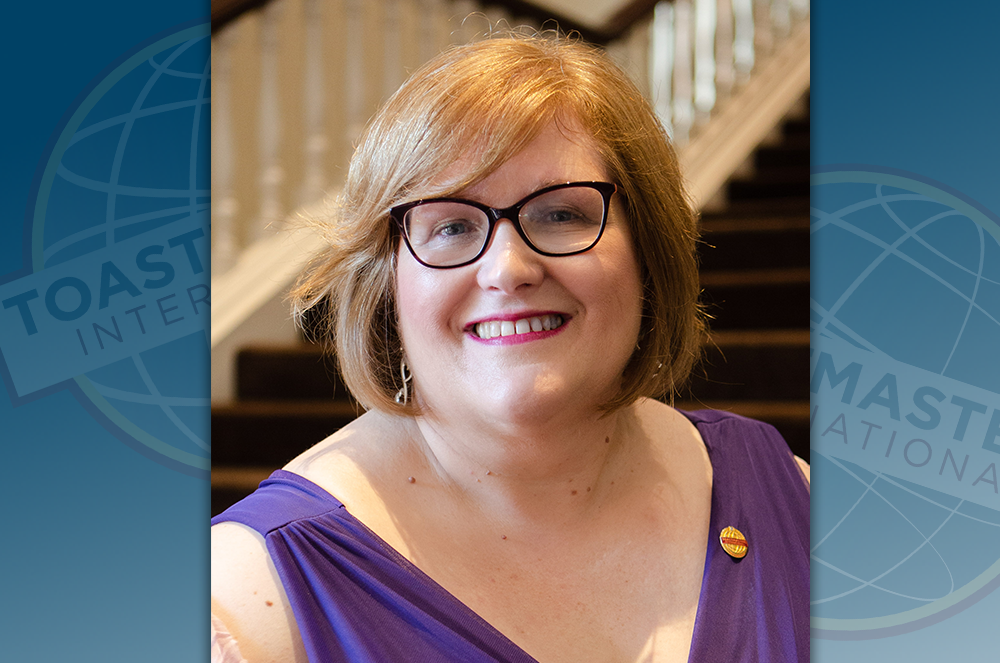
Dr. Ralph C. Smedley, founder of Toastmasters International, once said:
We realize that the two most important factors in Toastmasters are mentoring and evaluations. There is no doubt that if these two are done well, your club will be filled with spark plugs ready to fire upon request. Mentoring and evaluations create enthusiasm, and once you light that fire the only thing it needs is some kindling.
Ralph Smedley was a smart man.
What about you? Do you want a mentor, or do you have one? Are you a mentor to someone else?
Recently a club member asked me to mentor him for a specific project. Together we discussed the principles of effective mentoring.
- Be available
Like any relationship, mentoring requires you make time for each other. With a new member, you might spend time getting to know the person before exploring and setting goals. With someone you know, you can dive right in. - Set boundaries
Setting boundaries around your availability, clarifying your preferred methods of communicating, and explaining the limits of what you can and can’t do matter equally whoever your mentee is. - Listen effectively
Active listening is key. When mentoring, it is vital to hear what the other person says, check your understanding, help your mentee test their boundaries, and reflect back on what you heard. - Promote independent thinking
While you can give your mentee suggestions, the aim is to point them toward their own conclusion. My mentee wanted to be creative, so we discussed different formats to approach. I could see his reaction but deliberately didn’t express a preference. You want to release your mentee to the world of possibilities and help them push their own boundaries.
If you’re interested in becoming a mentor, the Pathways Mentor Program has plenty of valuable tools, such as a mentee success plan, a self-assessment, and an evaluation of the mentoring experience by both mentee and mentor. (Note that this program is distinct from the Level 2 “Introduction to Toastmasters Mentoring” project.)
Moving beyond our comfort zone shows us possibilities and grows our skills and confidence. If you don’t have a mentor, ask your club leaders for help finding one. If you’ve never mentored or haven’t mentored for a while, I encourage you to choose the mentoring project. Mentoring can be just for a season, just for a project, or for an indefinite time period. However long it lasts, mentoring matters because mentoring makes a difference.
Morag Mathieson, DTM
2023–2024 International President
Morag Mathieson, DTM is the 2023—2024 International President of Toastmasters International. Learn more about her on the Board of Directors page.






